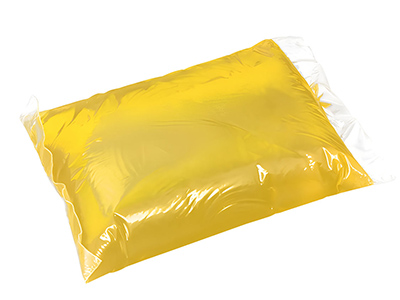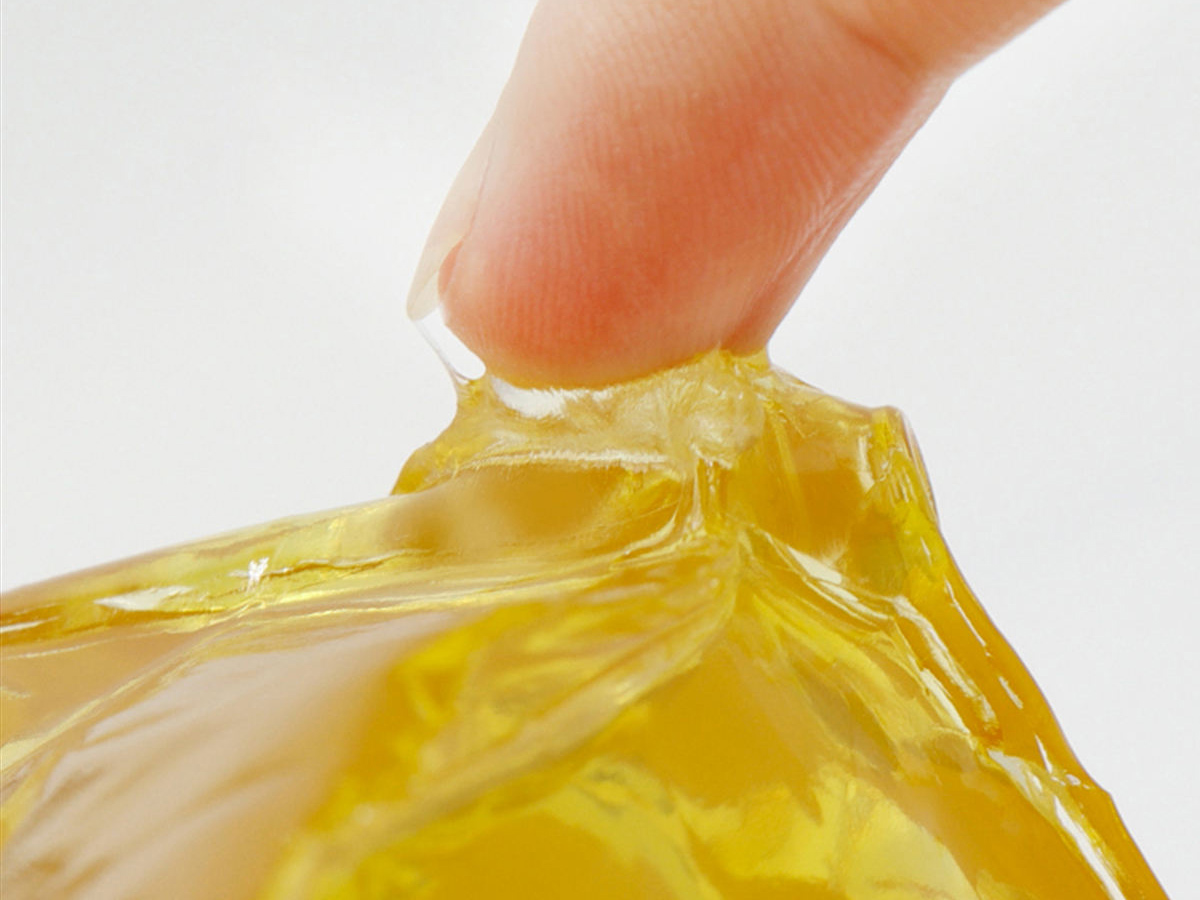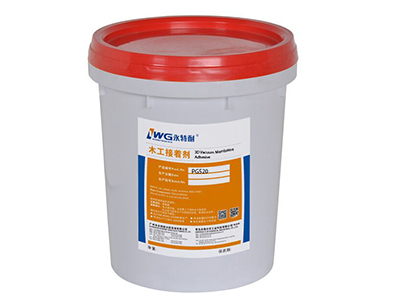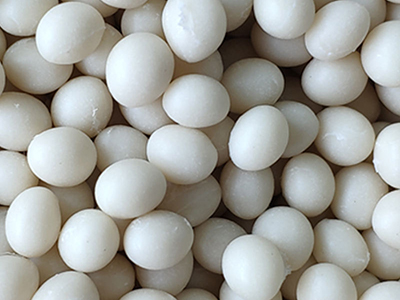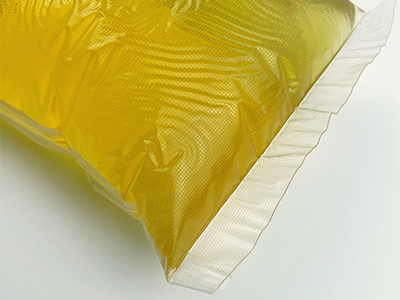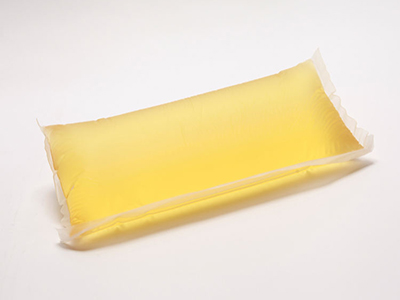Pressure-sensitive adhesives (PSAs) offer several advantages and disadvantages, depending on the specific application and requirements. Here’s a breakdown of the pros and cons:
Advantages of pressure sensitive adhesive
- Ease of Application: PSAs are easy to apply—simply press the adhesive-coated surface onto the substrate to create a bond. No additional curing time, heat, or solvents are required, making them convenient for a wide range of applications.
- Versatility: PSAs can adhere to a variety of surfaces, including paper, plastic, metal, glass, and fabric. This versatility makes them suitable for diverse applications in industries such as packaging, labeling, automotive, medical, and construction.
- Instant Bonding: PSAs provide an instant bond upon application of pressure, allowing for immediate handling or further processing. This quick bonding capability can improve efficiency in manufacturing processes and reduce assembly time.
- Repositionability: Some PSAs are designed to be repositionable, allowing users to adjust the placement of bonded materials before the bond becomes permanent. This feature is particularly useful in applications requiring precise alignment or during assembly.
- Clean Application: PSAs typically leave little to no residue when removed from surfaces, resulting in clean and professional-looking finishes. This is advantageous in applications where appearance is important, such as labeling and graphics.
- Conformability: PSAs can conform to irregular surfaces and contours, providing a uniform bond without gaps or voids. This ability to conform to different shapes enhances the effectiveness of the adhesive in various applications.
- No Volatile Organic Compounds (VOCs): Many PSAs are solvent-free and emit minimal or no VOCs during application, contributing to safer and environmentally friendly manufacturing processes.
Advantages and Disadvantages of Pressure Sensitive Adhesive
- Temperature Sensitivity: PSAs may experience changes in tackiness and adhesion properties at extreme temperatures. High temperatures can soften the adhesive, while low temperatures can make it less tacky, impacting bond strength.
- Limited Load-Bearing Capacity: PSAs generally have a lower load-bearing capacity compared to other types of adhesives. They may not be suitable for applications requiring high shear or tensile strength.
- Residue: Some PSAs can leave behind residue when removed from surfaces, especially if they have been in place for an extended period. This residue may require additional cleaning or solvent-based removers.
- Not Suitable for Porous Surfaces: PSAs may not adhere well to highly porous surfaces, such as untreated wood or certain types of fabric. The adhesive may be absorbed into the pores, reducing its effectiveness.
- Performance in Extreme Environments: PSAs may not perform well in extreme environments, such as high humidity or exposure to chemicals. They may lose their tackiness or bond strength under these conditions.
- Long-Term Durability: In some cases, PSAs may not offer the same long-term durability as other types of adhesives, especially in outdoor or harsh environments. UV exposure, moisture, and other environmental factors can degrade the adhesive over time.
- Cost: High-quality PSAs can be more expensive than other types of adhesives, which may impact their suitability for certain applications, especially in large-scale or cost-sensitive projects.
- Application Constraints: PSAs may have limitations in terms of application method and substrate compatibility. Some substrates may require surface preparation or priming for optimal adhesion, and application techniques may need to be adjusted for specific materials.
While pressure-sensitive adhesives offer many benefits, it’s essential to consider these disadvantages and assess whether they align with the requirements of your application. In some cases, alternative adhesive options may be more suitable for achieving the desired results.


